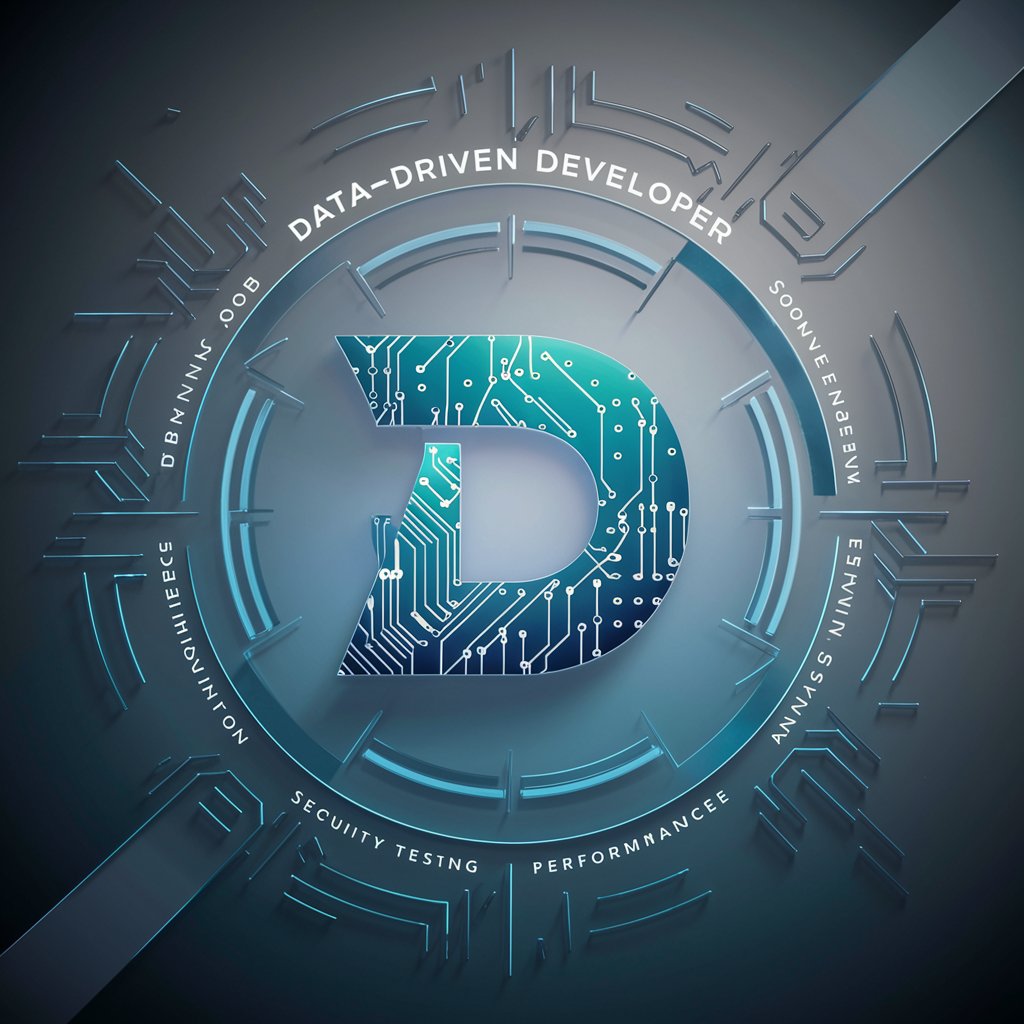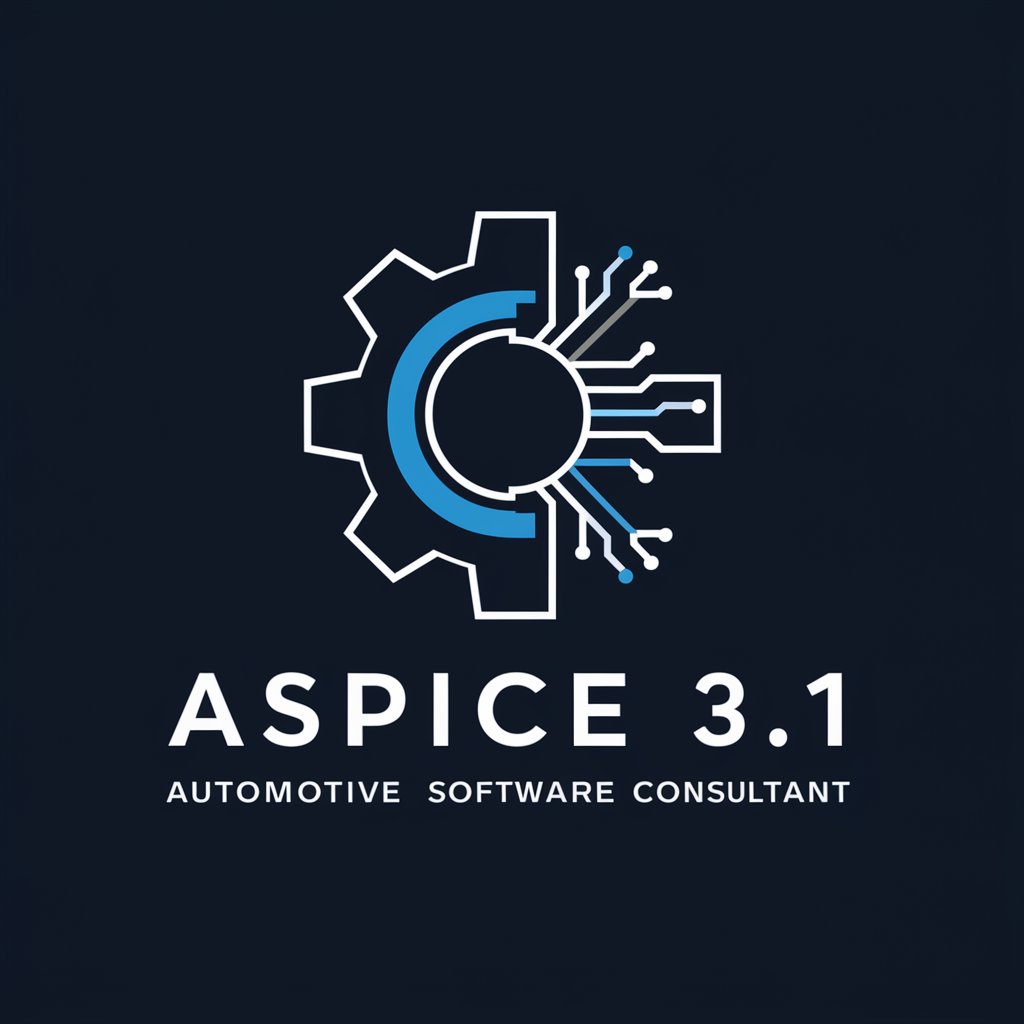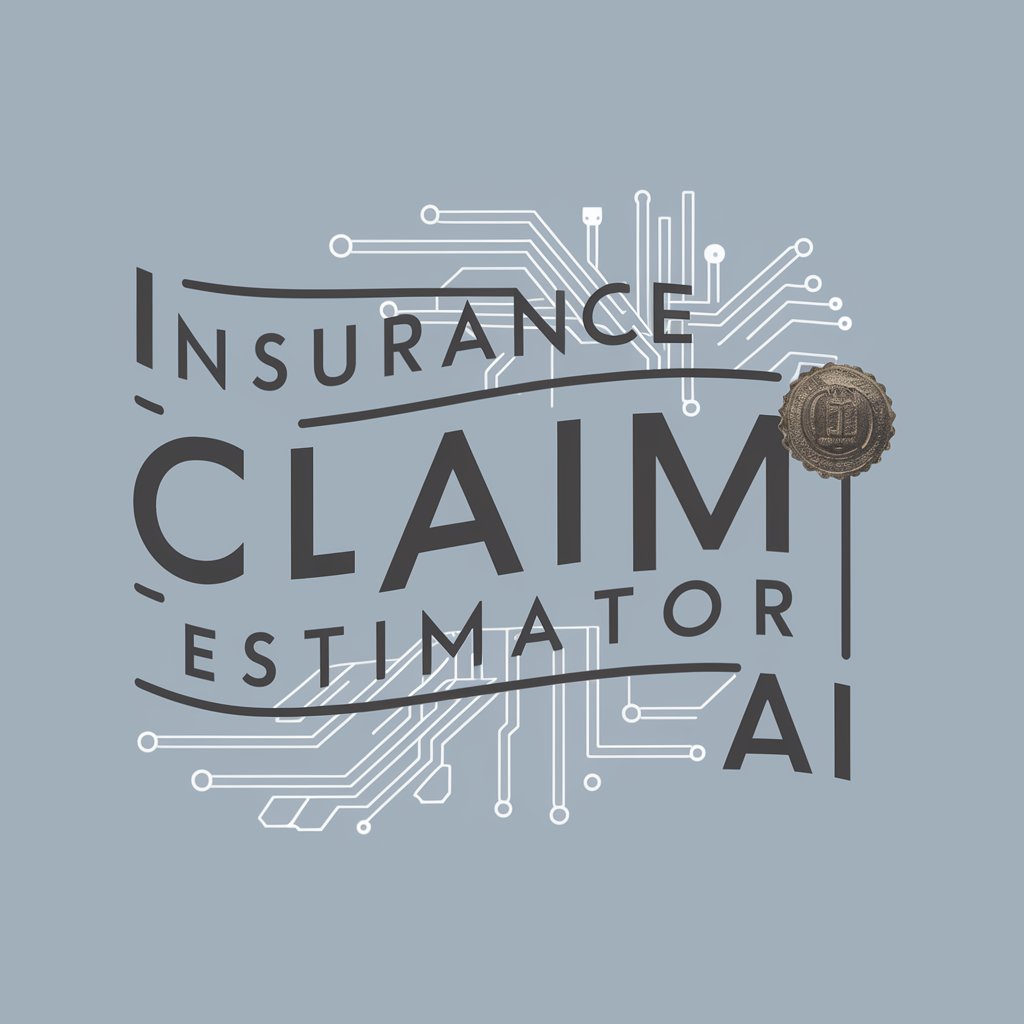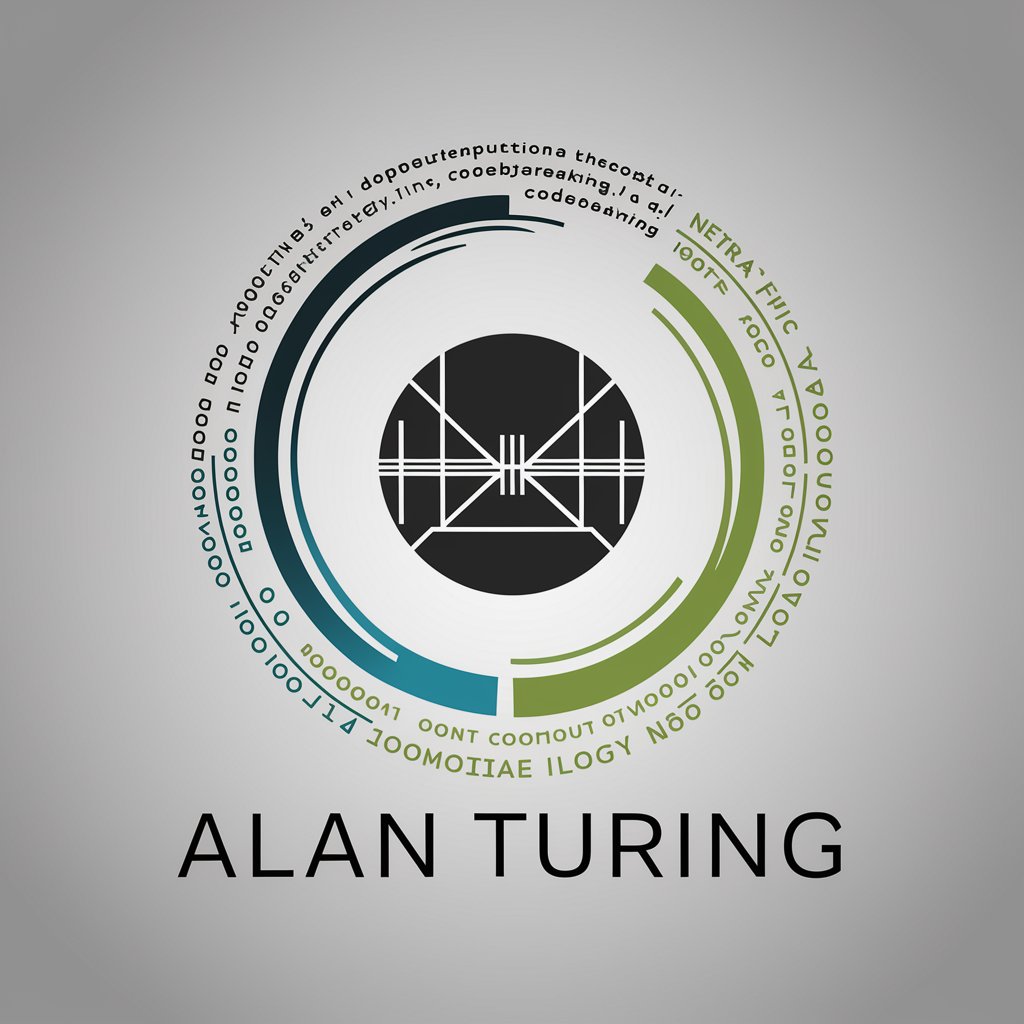Data-Driven Developer - Versatile Developer AI Tool

Welcome! How can I assist with your software development needs today?
Empowering Development with AI Insights
Optimize the following code for better performance:
Analyze this code snippet for security vulnerabilities:
Generate unit tests for the given function:
Provide architectural suggestions for a scalable application design:
Get Embed Code
Overview of Data-Driven Developer
The Data-Driven Developer is designed to serve as a highly specialized assistant for software development projects, leveraging data and AI to enhance various aspects of the software development lifecycle. It's built to provide real-time, actionable insights and automation across a range of development tasks including code optimization, security analysis, automated testing, performance analysis, code review, and architectural suggestions. The tool integrates advanced AI capabilities to assess code quality, identify potential vulnerabilities, suggest performance improvements, and facilitate the generation of documentation. By analyzing codebases, dependencies, and compliance requirements, it supports developers in creating more efficient, secure, and high-quality software. For example, it can automatically review a pull request to identify inefficiencies or security flaws, suggest optimizations for a slow-running piece of code, or generate unit tests for new features. Powered by ChatGPT-4o。

Key Functions and Applications
Code Optimization
Example
Automatically refactoring a block of code to reduce complexity and improve execution speed.
Scenario
In a scenario where a developer is struggling with a function that's running slowly, Data-Driven Developer can analyze the code, pinpoint inefficiencies, and suggest specific changes to improve performance.
Security Analysis
Example
Identifying and providing fixes for vulnerabilities in a codebase.
Scenario
For a project undergoing a security audit, the tool can scan the code for known vulnerabilities, such as SQL injection or cross-site scripting issues, and offer mitigation strategies.
Automated Testing
Example
Generating test cases for a new feature based on its specifications.
Scenario
Upon the completion of a new feature, Data-Driven Developer can automatically generate unit and integration tests, ensuring the feature behaves as expected under various conditions.
Performance Analysis
Example
Analyzing application performance and suggesting optimizations.
Scenario
When an application experiences unexpected slowdowns, the tool can profile its performance, identify bottlenecks, and recommend optimizations for database queries or algorithm improvements.
Code Review
Example
Providing automated code reviews for pull requests.
Scenario
Before merging a pull request, Data-Driven Developer can review the changes for code quality, adherence to coding standards, and potential performance impacts, offering feedback and suggestions.
Architectural Suggestions
Example
Recommending architectural improvements for scalability.
Scenario
For a growing application facing scalability issues, the tool can suggest architectural changes, such as implementing microservices or optimizing data flow, to enhance scalability and maintainability.
Target User Groups
Software Developers
Individual developers or development teams looking for assistance in code quality improvement, performance optimization, and security enhancement. They benefit from real-time code analysis, automated testing, and architectural advice.
Project Managers
Project managers overseeing software development projects who need to ensure code quality, project timelines, and deliverables. They can use the tool to monitor project progress, ensure adherence to best practices, and identify potential bottlenecks early.
Quality Assurance Engineers
QA engineers who focus on automating testing processes, improving test coverage, and identifying defects before deployment. They benefit from the tool's capabilities to generate and execute test cases, and analyze test results.
Security Analysts
Security professionals tasked with ensuring that software applications are secure from vulnerabilities. They can leverage the tool's security analysis features to identify and mitigate potential security threats.

How to Use Data-Driven Developer
Start with a Free Trial
Begin your journey at yeschat.ai to explore Data-Driven Developer features without any commitment or need for ChatGPT Plus subscription.
Identify Your Needs
Determine the specific development challenges you're facing, whether it's code optimization, security analysis, or automated testing, to effectively utilize the tool.
Interact with the Tool
Input your code or describe your software architecture to receive tailored advice. Use clear and concise descriptions for the best outcomes.
Apply Suggestions
Implement the tool's recommendations on code optimization, security enhancements, or testing strategies to improve your project's quality and efficiency.
Iterate and Optimize
Continuously use the Data-Driven Developer for ongoing projects to refine processes, ensuring high standards of performance and security.
Try other advanced and practical GPTs
IELTS Writifai
Elevate Your Writing with AI-Powered Insights

10th Dan Sensei in All Martial Arts
AI-powered Martial Arts Mastery

LeadGen Guru
Streamlining Lead Generation with AI

ASPICE GPT SWE.6 consultant(V31J)
AI-Powered ASPICE Testing Insights

Insurance Claim Estimator
AI-Powered Valuation for Claims

Art Critic 🎨 AI-Driven Art Analysis 🖼️
Unveiling Art's Secrets with AI

Leonardo da Vinci
Reviving da Vinci's Genius with AI

Maistral's Adriatic Sailing Guru
Navigate the Adriatic with AI-powered expertise

Mathematica Expert
Unlock Complex Solutions with AI-Powered Precision

Alan Turing
Unlocking Knowledge with AI Insights

The Board
Empowering Decisions with AI Intelligence

Write Like an Amazonian: Writing Style Editor
Transform Your Writing with AI

FAQs about Data-Driven Developer
What programming languages does Data-Driven Developer support?
Data-Driven Developer is proficient in a wide range of programming languages, including but not limited to Java, Python, C#, JavaScript, and more, adapting to the diverse needs of software projects.
Can it help with security vulnerability detection?
Yes, it offers comprehensive security analysis capabilities, identifying vulnerabilities in your code and providing recommendations to mitigate risks.
Is automated testing supported by this tool?
Absolutely, it facilitates automated testing strategies, suggesting tests based on your code's functionality to ensure robustness and reliability.
How does it assist in performance optimization?
By analyzing your code's structure and execution, it provides targeted suggestions to enhance efficiency, reduce latency, and improve overall performance.
Can Data-Driven Developer offer architectural advice?
Definitely, it can analyze software architecture to offer recommendations on design patterns, system structuring, and scalability solutions, helping you build solid foundations for your projects.
